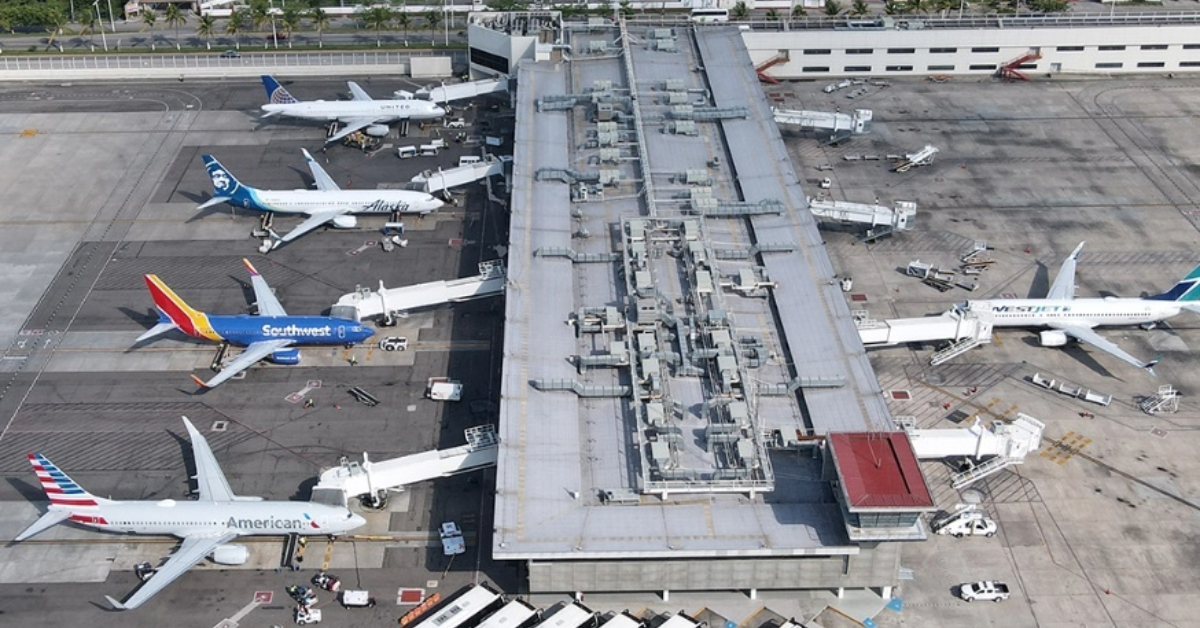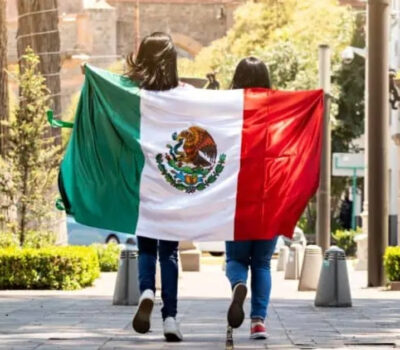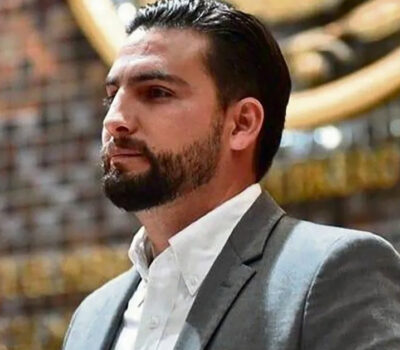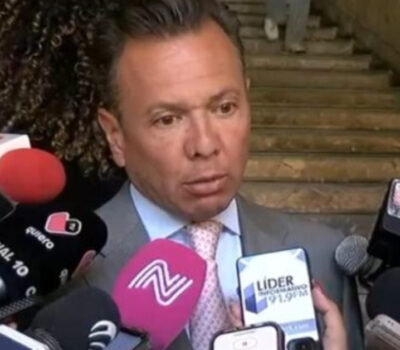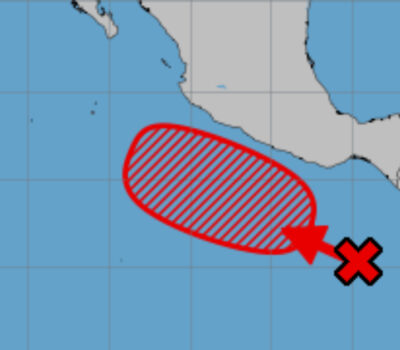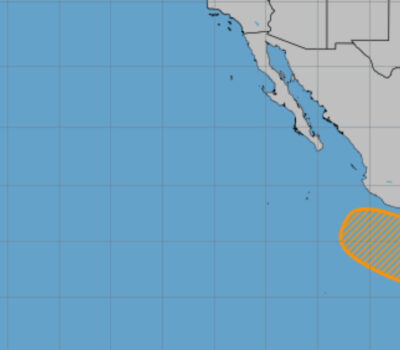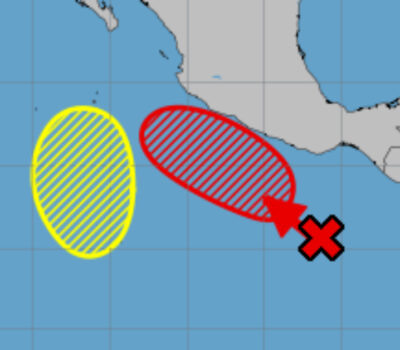Vallarta Mayor Luis Ernesto Munguía González says establishing the Vallarta special foreign tax remains on track despite a CNDH challenge at the Supreme Court. Municipality respects the process and awaits the final ruling.
The mayor of Puerto Vallarta, Luis Ernesto Munguía González, confirmed that the municipal government is moving forward with the tax for foreigners traveling to the city by air or sea, despite a recent challenge filed by the National Human Rights Commission (CNDH) at the Supreme Court of Justice. The CNDH’s filing contends that the charge undermines legal certainty and violates principles of legality, proportionality, and equity in contributions, arguing that the additional fee is neither adequately justified nor aligned with the nature of such a levy.
According to the CNDH, the municipal regulations create an extra charge that does not correspond to any service difference between foreigners and Mexican nationals. The commission’s official position stresses that municipal fees should be uniform for all individuals accessing the same service. As the CNDH statement puts it, “Fees should be fixed and equal for those receiving the same service (…) It shouldn’t matter whether the person requesting the service is a foreigner or not, since what is charged is for the service provided by the municipality.” The commission maintains that applying a unique surcharge to foreign visitors runs counter to established fiscal fairness norms and risks setting a problematic legal precedent.
Mayor Munguía González expressed respect for the CNDH’s right to question the levy and indicated that once the Supreme Court issues a ruling, the municipality will comply with any binding decision. “We respect the controversy, and the municipality will be receptive to the ruling of the nation’s highest court. However, the process to establish the collection mechanism continues,” he said. Munguía González emphasized that municipal authorities had secured the necessary approvals at both the city council and state congress levels. He noted that alternative perspectives do not appear in any of the approved proposals, which focus solely on raising voluntary contributions rather than restricting access to the city.
According to the mayor, the approved framework does not impose any entry restrictions. “In other words, everyone can freely enter the country, as long as they comply with the laws and pass through customs and immigration,” he explained. “But what concerns the Special Foreign Tax is a matter of will, a matter of conscience, and above all, it’s a matter of joint efforts between the parties.” By framing the voluntary tax as a conscience-based choice, the municipal administration aims to present it as an optional contribution rather than a mandatory fee. Only those foreigners who wish to support local services and environmental programs would make the payment.
Munguía González pointed out that visitors already understand that tourism often generates environmental impacts and additional demands for municipal services. By contributing through this special tax, foreign travelers could help offset infrastructure upkeep, maintain public spaces, and fund conservation efforts. “Those who visit this city are very aware that in other tourist destinations around the world, visiting them produces an environmental impact or perhaps a need for extra services,” he said.
The CNDH’s appeal centers on the claim that the municipal ordinance fails to justify why foreign visitors should bear additional costs compared to other service users, such as national tourists who make up the bulk of tourism in Puerto Vallarta. While Mexican law permits local governments to establish fees for public services, the legality of a surcharge targeted exclusively at foreigners remains contested. By bringing the dispute to the Supreme Court, the commission seeks judicial review of the ordinance’s alignment with constitutional safeguards against discriminatory or arbitrary taxation measures.
Municipal officials have argued that the additional revenue from the voluntary tax would enable Puerto Vallarta to better manage environmental pressures linked to tourism growth. Recent decades have seen steady increases in foreign tourism, especially via cruise ships docking in Banderas Bay, which places strain on local waste management, public security, and shoreline maintenance. Although each cruise ship that arrives must pay a port fee that is supposed to be used for the added expenses cruise ship arrivals bring to the city. City Council meeting minutes indicate that the municipal finance department estimated potential collections in the range of several million pesos annually, but did not provide a detailed breakdown of projected expenditures earmarked for environmental or social programs.
Critics of the voluntary tax caution that any perception of compulsory foreign surcharges could discourage international visitors. Representatives from the local hospitality industry have warned that imposing extra costs—may erode the city’s competitiveness compared to other Pacific resort destinations. In a memo dated May 2025, the Vallarta Hotel Association noted that additional fees might prompt travelers to choose Cancún, Los Cabos, or other Mexican coastal cities without similar levies. However, no formal statement was released by the hotel sector that questioned the mayor’s public remarks directly.
Despite the CNDH’s challenge, local lawmakers in the Jalisco State Congress had previously approved the enabling statutes for the municipal levy. During the debate in Guadalajara, state deputies emphasized the importance of generating sustainable tourism revenue streams. The congressional record indicates that proponents argued the foreign tax would support environmental cleanup projects and augment the municipal coffers without raising taxes on local residents. Opponents in the state legislature raised concerns about potential constitutional conflicts but ultimately acquiesced in favor of local autonomy over tourist-focused initiatives.
Should the Supreme Court rule in favor of the CNDH and declare the foreign surcharge unconstitutional, the municipal government will abandon the initiative. Munguía González affirmed, “The Supreme Court has the final say,” acknowledging that the judiciary’s decision will override all local approvals. Meanwhile, tourism industry analysts will watch the legal proceeding closely, as its outcome could set a precedent for other Mexican beach cities considering comparable voluntary levies or compulsory eco-fees.
Vallarta Mayor Luis Ernesto Munguía González says establishing the Vallarta special foreign tax remains on track despite a CNDH challenge at . . .

